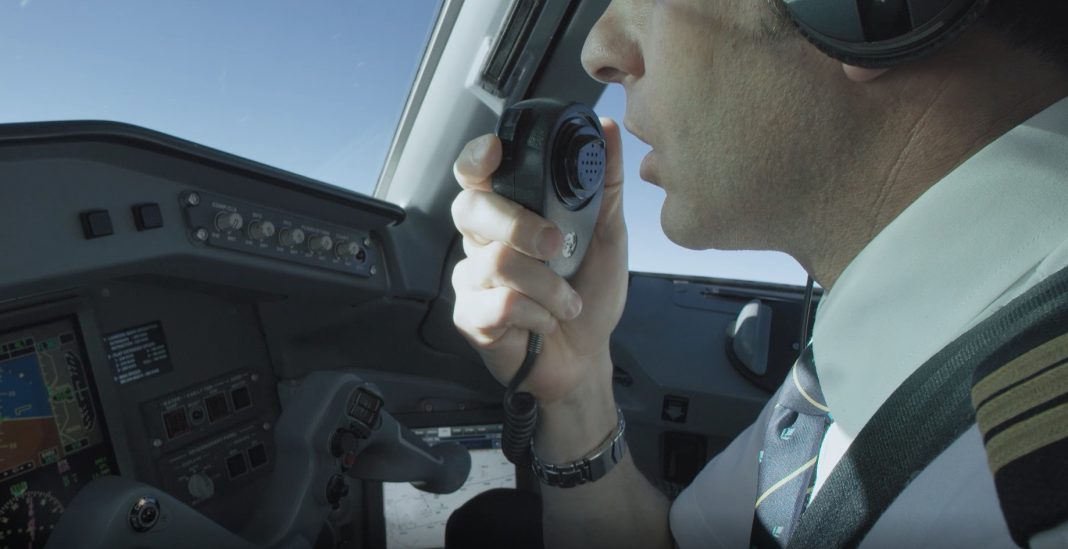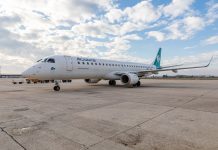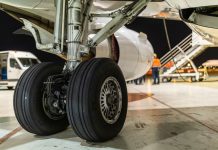You too may sometimes use a bit of ACP 125, perhaps even without knowing it. That time you absentmindedly said “Roger” the day after you watched an aviation movie on TV…
“Roger” is an instruction from the English ACP 125 radiotelephone procedures, which means “Received Order Given, Expect Results”. The Italian equivalent is “Received”, which is a statement rather than a question.
ACP 125 i.e. Allied Communications Publication 125: Communications Instructions – Radiotelephone Procedures, is a language which allows clear and rapid messages to be sent by facilitating communication between different languages using standard codes and international words, common to each language.
This communication code includes codes that identify numbers by reporting them through unequivocal and unmistakable pronunciations.
Since the ‘50s, after the Second World War, ACP 125 has been almost entirely replaced by ICAO, a conventional language used by air companies, where the letter R stands for “Romeo” and no longer “Roger”. Roger is still frequently used in aeronautical radiotelephone communication, along with other fundamental commands such as “Over” and “Out”.
Every pilot knows the NATO phonetic alphabet by heart. Developed by the International Civil Aviation Organization, it goes like this: Alfa, Bravo, Charlie, Delta, Echo, Foxtrot, Golf, Hotel, India, Juliett, Kilo, Lima, Mike, November, Oscar, Papa, Quebec, Romeo, Sierra, Tango, Uniform, Victor, Whiskey, X-ray, Yankee, Zulu.
ICAO includes a number reading system too, in order to avoid confusion, for example, between the number “nine” in English and the German for “no”: “nein”. The problem is solved using “niner”: One, Two, Three, Fourer, Five, Six, Seven, Eight, Niner, Zero (or Nadazero).
Now that you know the pilot alphabet, you should be able to read this…
“ALFA – INDIA – ROMEO – DELTA – OSCAR – LIMA – OSCAR – MIKE – INDIA – TANGO – INDIA”.




